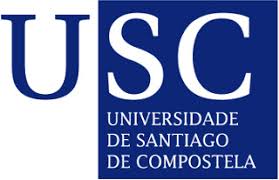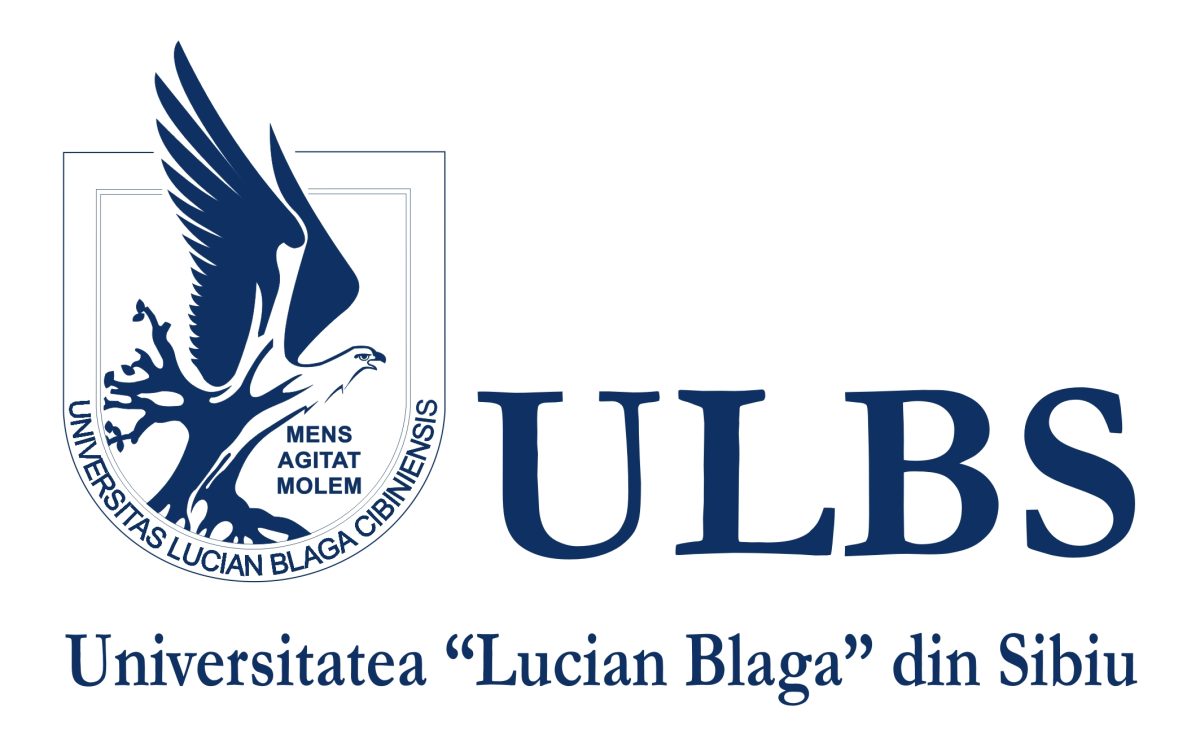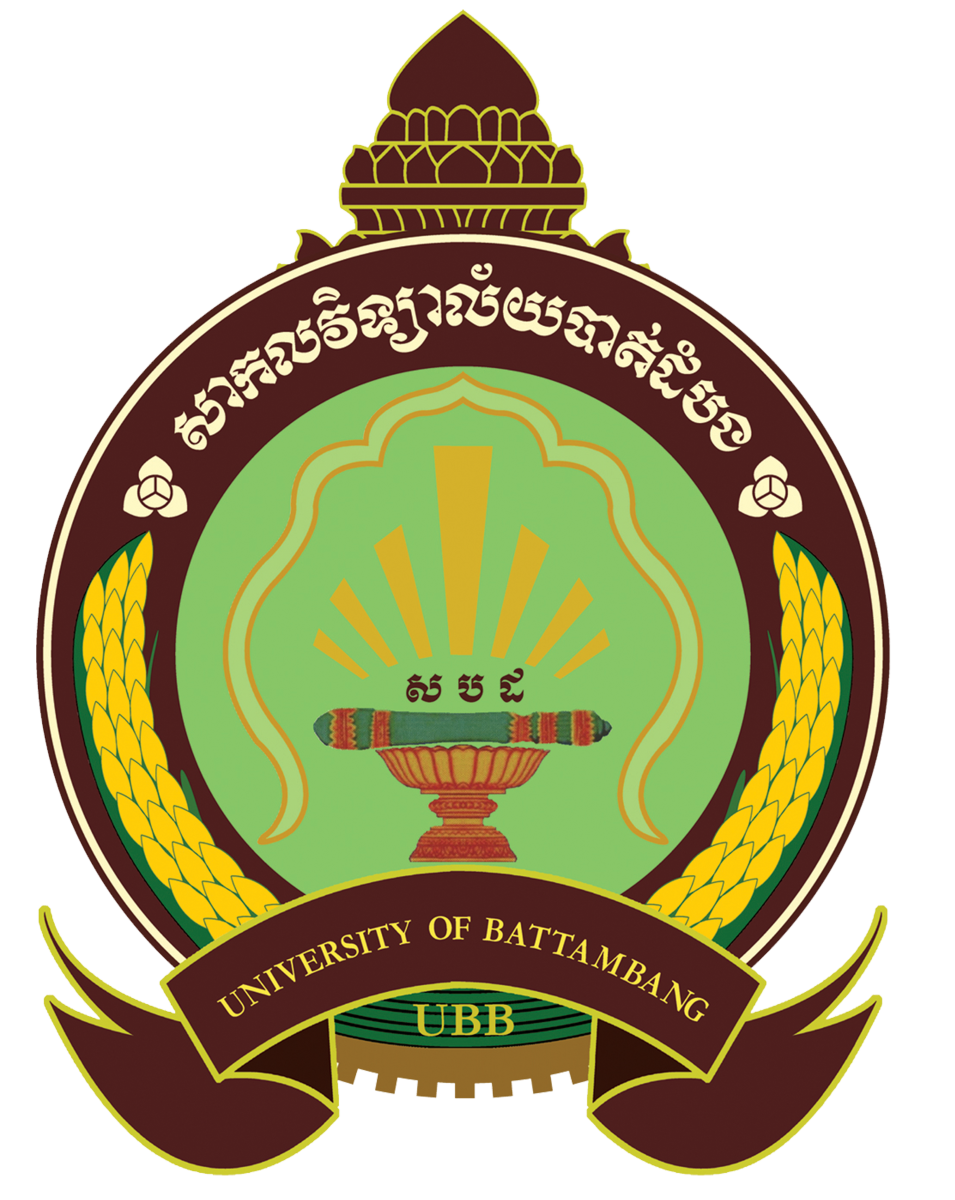Consortium
Solutions for every
business need
University of Santiago de Compostela (Spain)
The University of Santiago de Compostela is a public institution for higher education and research endowed with autonomy, full legal personality and its own heritage, which is made up by the campuses of Santiago de Compostela and Lugo and which assumes and carries out its functions as an essential public service to the community through study, teaching, research and the transfer of knowledge. It is one of the world’s oldest universities in continuous operation. It was founded in 1495 and during its more than 500 years of history it has earned a place amongst the most prestigious universities in Spain. Alltogether, it offers 155 degrees, Masters and PhD programs for over 25000 students and it has a long-established experience in the management of international cooperation projects through active participation in different projects and networks. The USC has a powerful research capacity, and has been valued for its excellence as one of the best universities in Spain and in the European Higher Education Area. It is a pioneering institution in the development and the promotion of R&D&I and the transfer and valorization of the results of its research.
Lucian Blaga University of Sibiu (Romania)
Lucian Blaga University of Sibiu (LBUS) is a medium size, comprehensive university located in Sibiu, Romania. It is one of the oldest Romanian universities, celebrating its 50 years of existence in 2019. The educational offer of LBUS is diverse and the study programs are compatible with those of the European Union (EU) and the requests of the labor force market, and consequently, LBUS openness toward novelty is not only appreciated, but also demanded by all applicants. The key objective of the university is to carry out a competitive educational process, meeting the standards of the EU, which grants LBUS graduates international academic and professional recognition. Every year, LBUS opens its gates to approximately 15,000 students, both in Bachelor and Master programs. They are coordinated by more than 600 teaching staff, in 9 faculties (Faculty of Engineering, Faculty of Law, Faculty of Science, Faculty of Agricultural Studies, Food Industry & Environmental Protection, Faculty of Medicine, Faculty of Letters and Arts, Faculty of Economic Sciences, Faculty of Theology, Faculty of Social Sciences & Humanities (Educational Sciences, Psychology, Sociology, History). LUBS organizes doctoral studies in 15 main fields of study: History, Philology, Theater and Performing Arts, Theology, Law, Mechanical Engineering, Material Science and Engineering, Industrial Engineering, Computer Science, Engineering and Management, Management, Finances, Economics, Medicine. LBUS has established academic links and partnership agreements with more than eighty-five universities in thirty-five European and non-European countries. These partnerships materialize in student exchange programs and fact-finding data trips for academic and research staff which further on lead to academic and research cooperations.
Novel Group (Luxembourg) S.à.r.l
University of Battambang (Cambodia)
The University of Battambang (UBB) was founded by SAMDACH KROLA HOM SAR KHENG, Deputy Prime Minister, Minister Of Interior, in 2007 with the vision of providing opportunities to students living in rural areas, especially in the north-western part of Cambodia, to have access to higher education services in order to develop their individual careers as well as to that of local communities while also reducing knowledge gaps between the rural and urban. UBB works closely with local community, government and non-governmental organization, companies, and consortium universities in the region and the world. It has five faculties, one institute, and one school include: (1) Faculty of Business Administration and Tourism, (2) Faculty of Agriculture and Food Processing, (3) Faculty of Sociology and Community Development, (4) Facility of Arts, Humanities, and Education, (5) Science and Technology, (6) Institute of Foreign Languages, and (7) Postgraduate School. UBB has over 2,700 local students who are currently studying in its graduate and post-graduate programs.
Royal University of Phnom Penh (Cambodia)
The Royal University of Phnom Penh (RUPP), founded in 1960, is Cambodia’s oldest and one of the largest public universities. It hosts more than 20,000 students, across a diverse range of undergraduate and postgraduate programs. It is unique in Cambodia for offering specialist degrees in various fields within five faculties: Sciences, Engineering, Development Studies, Education, Foreign Languages, Humanities and Social Sciences, as well as professional degrees in fields such as Technology, Electronics, Psychology, Social Work, International Business Management and Tourism. The Department of Media and Communication (DMC) at RUPP was established in 2001 as the first academic training center for communication, journalism, and media in Cambodia. The four-year Bachelor of Arts in Media Management is designed to train students for various professions within the media sector. RUPP has full membership of the ASEAN University Network (AUN). RUPP employs over 900 staffs of which about two-third is teaching staff while one-third is supporting staff. Among the teaching staffs, about 12% is holding a Ph.D. degree and about 73% is holding a master degree. RUPP also has 55 foreigners who are teaching and working with different faculties.
University of Nottingham Ningbo China (China)
The University of Nottingham Ningbo China (UNNC) was the first Sino-foreign university to open its doors in China. Established in 2004, with the full approval of the Chinese Ministry of Education, we are run by the University of Nottingham with co-operation from Zhejiang Wanli Education Group, a key player in the education sector in China. UNNC is a fast-growing hub for excellence in research, innovation and knowledge exchange. Driven by our collaboration with the Ningbo Government and industry partners, we provide solutions to local challenges through world-class research and innovation. Our research spans all faculties and disciplines and we have several centers and institutes that are committed to providing world-leading research relevant to China’s interests and needs. We are keen to support the research talent of the future. We fund and support over 400 postgraduate students and they play an important role in our research community. It has around 880 teaching, research and professional services staff at UNNC, recruited from top universities, research institutes and companies from at least 40 countries worldwide. All of the teaching on campus is carried out in English by staff either seconded from Nottingham or appointed to the University of Nottingham’s standards. We have 25 world-class professors appointed through the Li Dak Sum Chair Professorship scheme. Their key research areas span across Marine Economics, New Materials, business innovation and more.
Shenzhen Polytechnic (China)
Established in 1993, Shenzhen Polytechnic (SZPT) is one of the first institutions to provide higher vocational and technical education and training in China. It passed the National Model Higher Vocational College program acceptance inspection in 2009 and became one of the first batch of national demonstration institutions in China’s higher vocational education field. SZPT ranks top in comprehensive strength among similar institutions in China. SZPT has five campuses, with a total campus area of 2,360,200m2. Currently, SZPT has around 2300 faculty members on the regular payroll, including 1,243 full-time teachers, 217 with senior titles and 657 with sub-senior titles. Many heavyweight teams including the hoffmann Nobel Prize team from the United States were introduced to establish research institutes within SZPT, and the established research institutes are: hoffmann advanced materials research institute, intelligent science and engineering research institute, intelligent manufacturing research institute, new era China vocational education research institute, social and economic development research institute.
University of Malaya (Malaysia)
The University of Malaya (UM), Malaysia’s oldest university is the premier multidisciplinary Research University in Malaysia with more than 23,000 students and 2,000 academic staff. There are 16 faculties, six research clusters and 50 research centers in the discipline of Medicine, Engineering, Sciences, Arts and Humanities. UM, ranked 70th in the QS World University Rankings 2020, is the first choice of Malaysia’s top students and more than 3,500 international students from over 80 countries. UM’s strength lies in the creativity, talent and dynamism of its people built on its illustrious history.
Universiti Utara Malaysia (Malaysia)
Universiti Utara Malaysia (UUM), which was officially established on 16 February 1984, is the sixth Malaysian public university. The university was set up to focus in Management. The planning of the construction of this sixth university began in August 1983 when the Ministry of Education Malaysia began to give form, in earnest, to the idea of setting up this university. On 19th October 1983, the Cabinet gave its official approval for this project in Kedah. At that time, the project was called “The Sixth University Project”. Several months later, the temporary office of the sixth university, officially named Universiti Utara Malaysia (UUM), was officially opened on 15th February 1984 in Jitra.The permanent UUM campus, referred to as the Sintok Campus, commenced operations on 15 September 1990 and was officially opened on 17 February 2004 by the Royal Chancellor, His Royal Highness Sultan Abdul Halim Mu’adzam Shah. UUM has evolved into an open campus where outsiders and tourists are allowed the freedom to visit and utilise the various amenities within it. An area encompassing 107 hectares of forest has been developed into various facilities both to attract tourists to the northern region and to satisfy the recreational needs of the members of the campus community. Among these facilities are picnic areas, 18-holes golf course, a go-kart circuit, shooting and archery range, an equestrian site, and many others that are fast gaining popularity among tourists and the members of the campus community alike.









